Nautilus Institute’s Policy Forum‘s focus is on the timely publication of expert analysis and op-ed style pieces on the foremost of security-related issues to Northeast Asia. Its mission is to facilitate a multilateral flow of information among an international network of policy-makers, analysts, scholars, media, and readers. Policy Forum essays are typically from a wide range of expertise, political orientations, as well as geographic regions and seeks to present readers with opinions and analysis by experts on the issues as well as alternative voices not typically presented or heard. Feedback, comments, responses from Policy Forum readers are highly encouraged.
Another hinge for the Pacific Pivot: Australia’s nuclear navy?

Another hinge for the Pacific Pivot: Australia’s nuclear navy?
by Richard Tanter – Austral Peace and Security Contributor
One of the hinges in the Pacific pivot is closer alignment of the US and its longterm allies, especially Japan, Korea and…
Key Elements of Northeast Asia Nuclear-Weapons Free Zone (NEA-NWFZ)
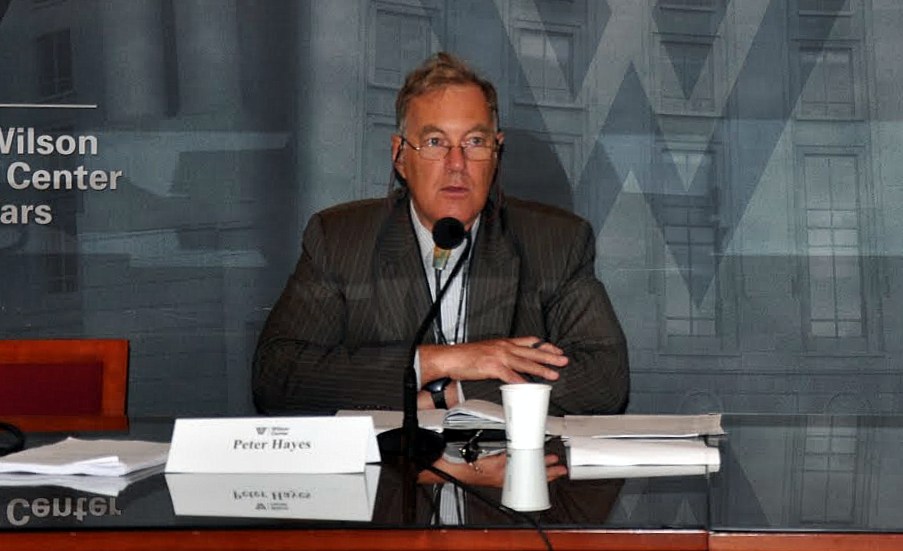
Hayes and Tanter offer a brief overiew of the benefits of establishing a Nuclear Weapons Free Zone in Northeast Asia. They then evaluate critical elements and issues associated with establishing such a zone, including monitoring and verification, membership, obligations, enforcement and the legal and political issues surrounding both North Korea and Taiwan.
Peter Hayes is the Executive Director of the Nautilus Institute and Richard Tanter is an Associate of the Nautilus Institute.
This report was originally presented at the New Approach to Security in Northeast Asia: Breaking the Gridlock workshop held on October 9th and 10th, 2012 in Washington, DC.
Go to the articleCreating pathways to a sustainable future

Creating pathways to a sustainable future
by Saleem Janjua – Climate Change Adaptation Contributor
Climate adaptation strategies are essential for guiding the adaptation actions of local governments and for moving forward towards sustainability…
Regional Framework for a Comprehensive Security Settlement: Does It Work?
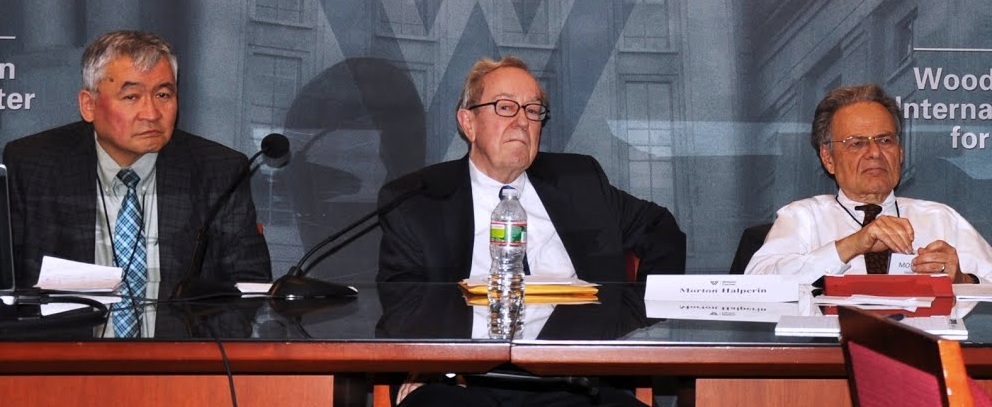
James Goodby writes that the Halperin proposal for a regional security mechanism in Northeast Asia suggests that some sections of the proposed Comprehensive Treaty would be adhered to by some of the signatories while others would be adhered to by all the parties. “For this reason, among others, it is useful to review the categories of security issues that need to be addressed, and by which states…Whether the Comprehensive Treaty is seen as a metaphor or as an actual document, the reality is that a security community in Northeast Asia can only be created through a comprehensive assault on all or most the issues that bedevil inter-state relations in that region of the world. Only a comprehensive approach offers the hope of ultimately eliminating North Korea’s nuclear weapons program.”
James Goodby is a Research Fellow at the Hoover Institution, Stanford University.
This report was originally presented at the New Approach to Security in Northeast Asia: Breaking the Gridlock workshop held on October 9th and 10th, 2012 in Washington, DC.
Go to the articleReformer Flame: Neutralized Moth. Why did Kim Han-sol do a TV interview?

Reformer Flame: Neutralized Moth. Why did Kim Han-sol do a TV interview?
by Roger Cavazos – DPRK Contributor
While Kim Han-sol’s recent video created a splash, his comments do not alter North Korea’s trajectory in any…
Promoting Security in Northeast Asia: A New Approach
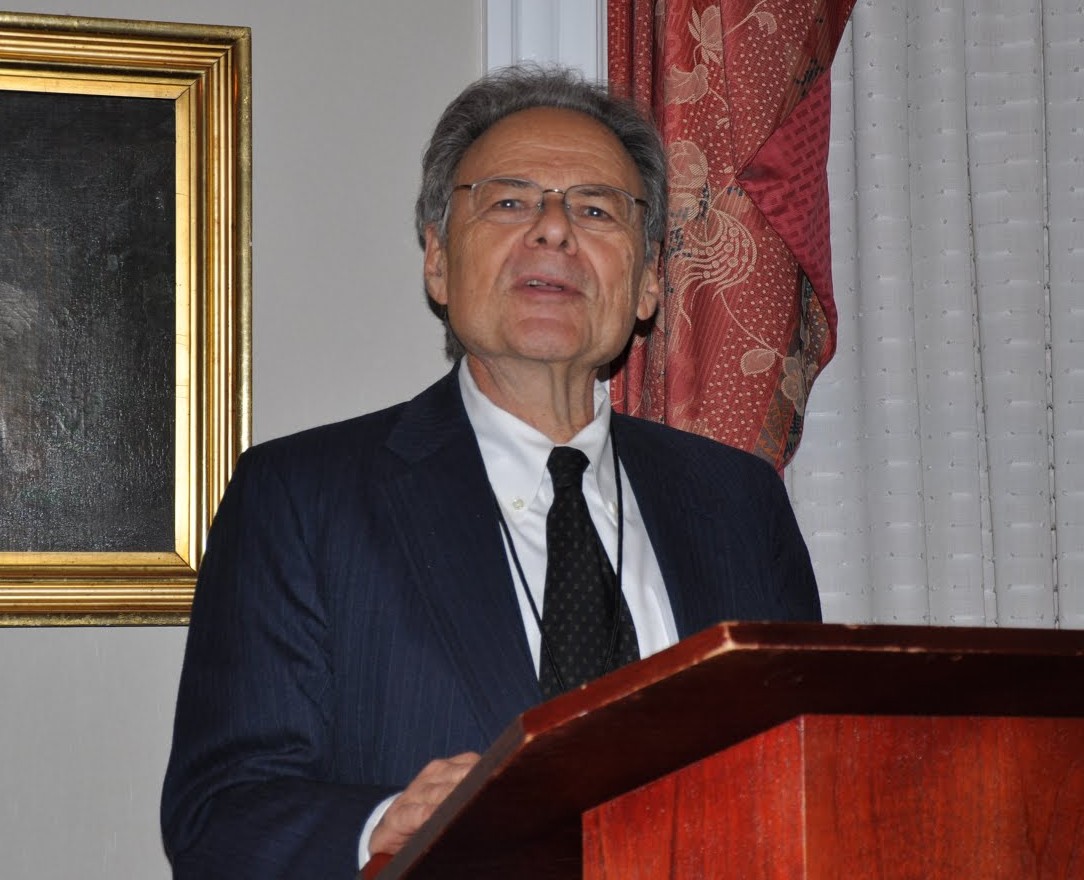
Morton Halperin lays out a new approach to developing and implementing a process of regional security cooperation in North East Asia which will lead to a denuclearlized Korean peninsula. It proceeds from the premise that the prior approach to denuclearization has reached a dead end and that we need a new approach which takes account of where we are now and the fundamental interests of the two sides. Promoting this new process requires that the United States continue to maintain and strengthen its military capability, alliance relations, and the structure of global sanctions against North Korea by the UN Security Council and other means. However, the elements of the comprehensive approach to peace and security in Northeast Asia would also include: termination of state of war, creation of a permanent council on security, mutual declaration of no hostile intent, provisions of assistance for nuclear and other energy, and the establishment of a regional nuclear weapons free zone.
Morton H. Halperin served four US presidents and is currently a Senior Adviser at the Open Society Foundation.
This report was originally presented at the New Approach to Security in Northeast Asia: Breaking the Gridlock workshop held on October 9th and 10th, 2012 in Washington, DC.
Go to the articleBridges to nowhere – promises, promises

Bridges to nowhere – promises, promises
by Nikhil Desai – Energy Security Contributor
Some thought the moment to save the earth had passed in Copenhagen nearly three years ago. Phew!! What a relief!!!…
South Korea Joins The Big Boy League

South Korea Joins The Big Boy League
by Peter Hayes – Deterrence Contributor
If we try to figure out what the post-2010 ROK “pro-active deterrence” concept articulated and pushed hard by former Blue House national security advisor…
China to the left, Japan to the right, and a silent Korea
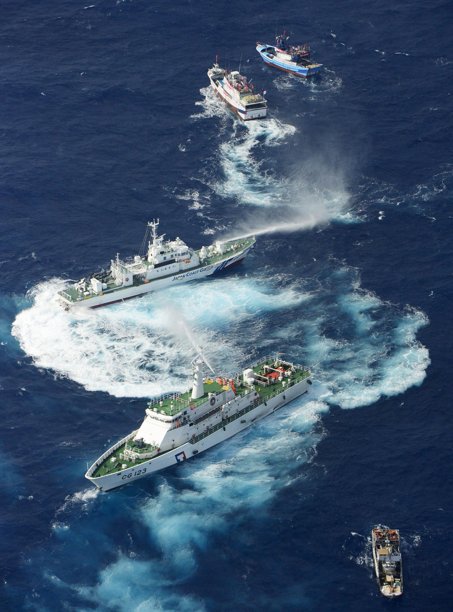
China to the left, Japan to the right, and a silent Korea
by Yi Kiho – Governance and Civil Society Contributor
Candidates for the next president and prime ministerial elections in South Korea and Japan were determined during the past two weeks…
Standing upright there: the New Zealand path to a nuclear-free world
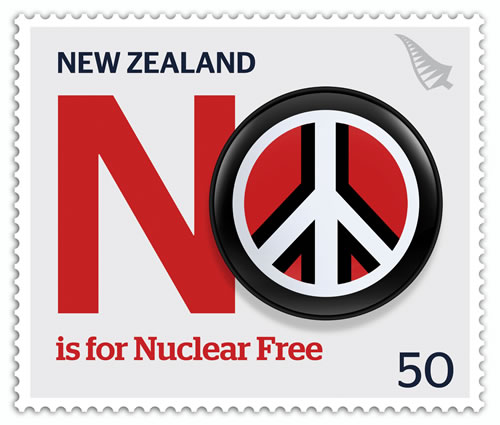
Richard Tanter writes that the recent rapprochement between New Zealand and the United States is born of both shared concerns about the rise of China and American recognition “that the Lange Labour Government’s 1984 policy of banning the entry of nuclear-armed ships is not incompatible with an alliance with the United States.” Tanter concludes that the morale of the story remains that “passage to a nuclear free world will require surely require more New Zealands.
Go to the article
